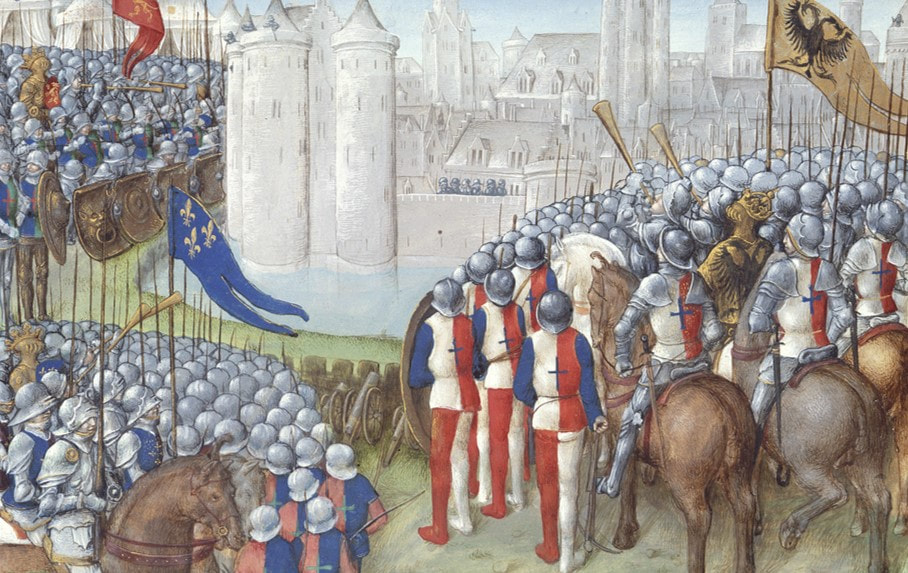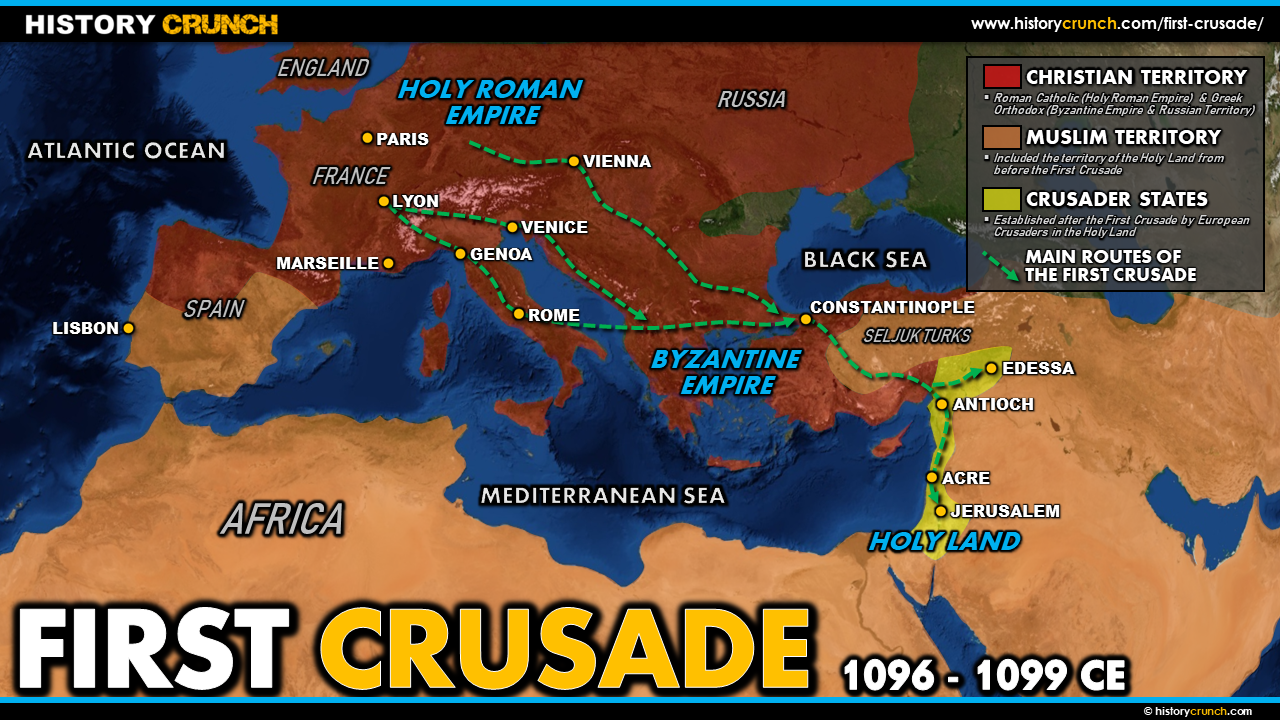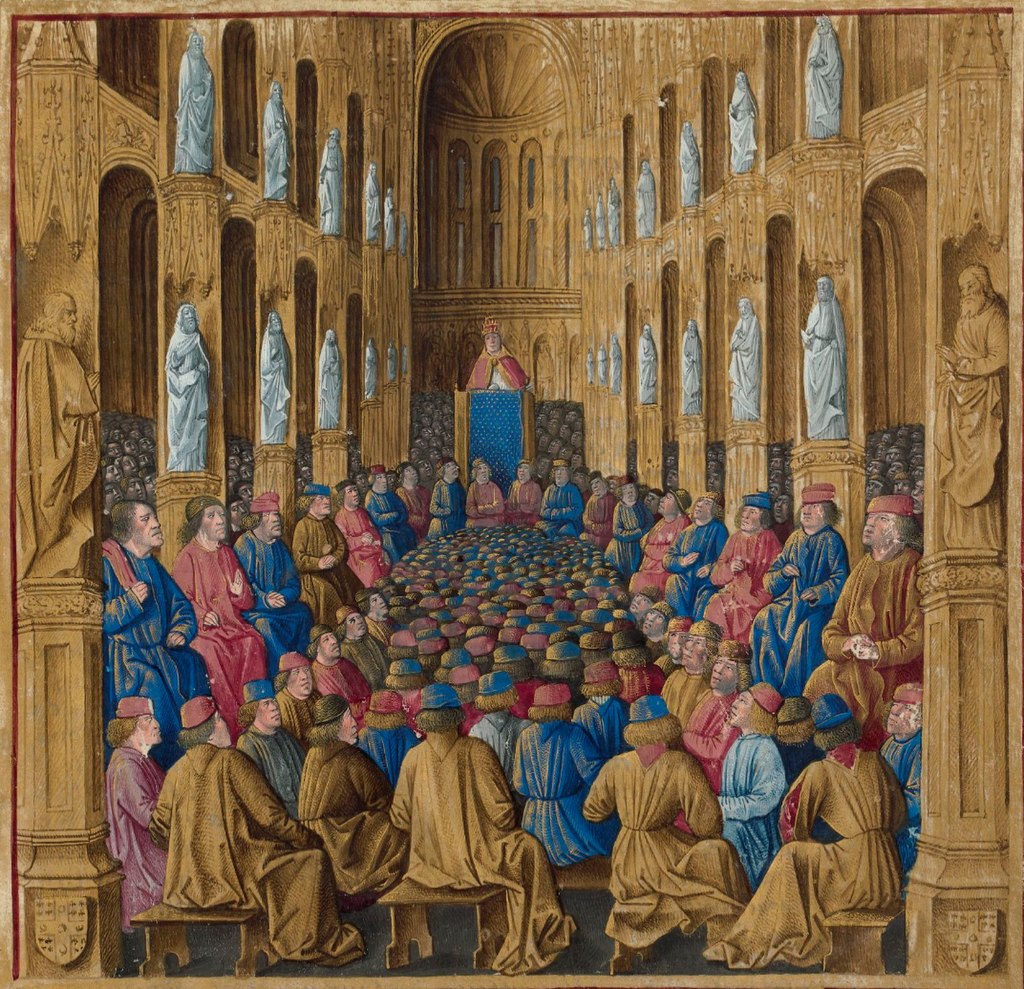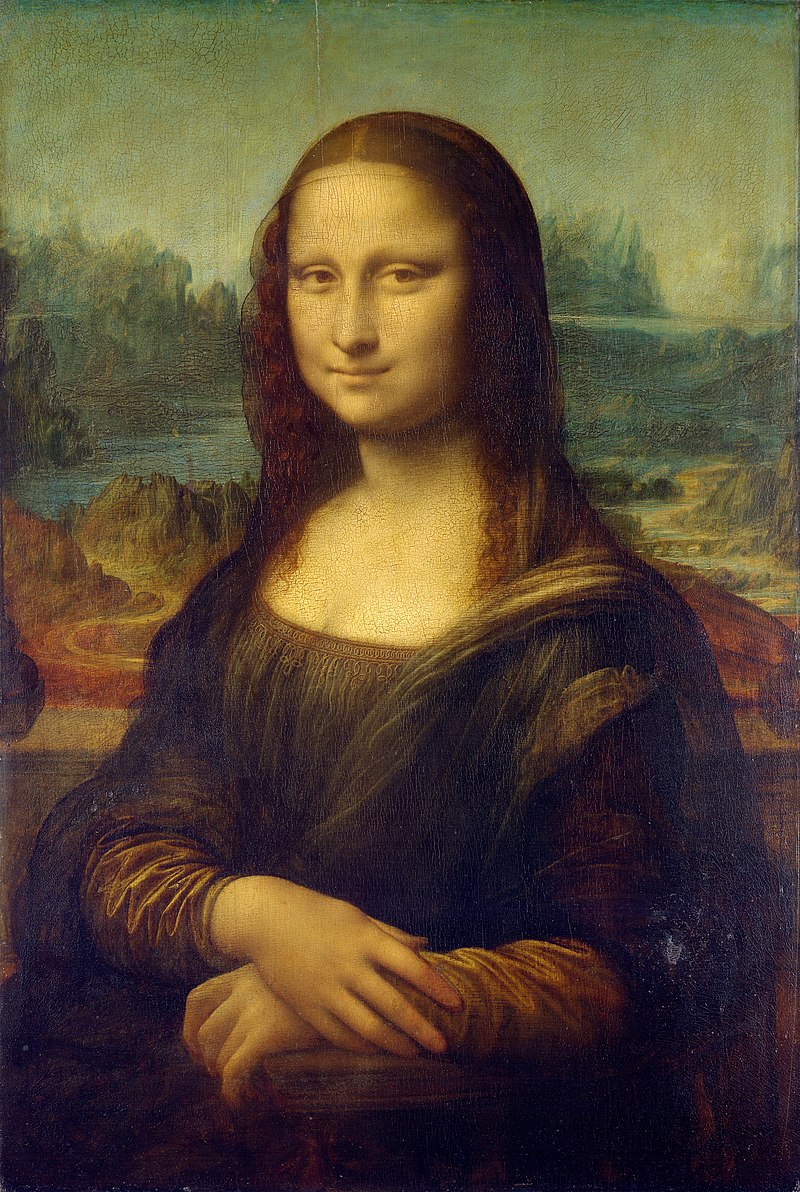SIGNIFICANCE OF THE CRUSADES
The Crusades are one of the most significant events in Western history and of particular importance to the time frame of the Middle Ages. The Middle Ages lasted for approximately 1000 years from the 5th century to the 15th century. Due to its timeframe, the Middle Ages in Europe is divided into three smaller periods referred to as the Early, High and Late Middle Ages. The High Middle Ages began at the start of the 11th century and included some of the most prominent events and elements of the whole Middle Ages, including the Crusades. As such, when discussing the significance of the Crusades it is also important to consider the history and impact of the Middle Ages.
As a historical event the Crusades occurred for over a period of two centuries. More specifically, the First Crusade began in 1096 CE and the events of the Ninth Crusade, which was the last major event of the Crusades, occurred in 1303 CE. As such, historians consider the Crusades to be a significant historical event because it played such an important role in both European and Middle Eastern history for over two centuries.
As stated above, there were nine Crusades in total. Click on the links below to read more about each of the nine Crusades.
- First Crusade (1096 - 1099 CE)
- Second Crusade (1147 - 1149 CE)
- Third Crusade (1189 - 1192 CE)
- Fourth Crusade (1202 - 1204 CE)
- Fifth Crusade (1217 - 1221 CE)
- Sixth Crusade (1228 - 1229 CE)
- Seventh Crusade (1248 - 1254 CE)
- Eighth Crusade (1270 CE)
- Ninth Crusade (1271 - 1272 CE)
At its heart, the Crusades involved European Christians journeying to the Holy Land in order to protect Christian sites and prevent Muslim control of the region. In short, the ‘Holy Land’ refers to large sections of modern-day Israel, Palestine, Jordan and parts of both Lebanon and Syria. Before the start of the Crusades, this region was controlled by Muslim civilizations, but Christian leaders in the Roman Catholic Church sought to gain control over the Holy Land. This essentially caused the Crusades and led to the outbreak of the First Crusade in 1096 CE. What followed was a series of nine Crusades which altered history for people throughout both Europe and the Middle East.
In general, the Crusades were significant because it involved increased interaction between groups of people who previously had limited contact. For instance, the Crusades caused the religions of Christianity, Judaism and Islam to clash. In this conflict, people of all faiths travelled vast distances to fight over the city of Jerusalem, which each faith considered important to its religious heritage. This clash of religious ideals caused a sharing of ideas between the different religious groups and helped the principles of each religious faith to spread into new areas. Arguably, the clash between these three religions and this area of the world continues still today. Beyond religion, the interaction between different groups of people led to a spread of scientific and philosophical knowledge.
Another significance of the Crusades was the growth in power and prestige of the Catholic Church. While the church had long been important in European culture, the Crusades ultimately showed the ability of the Pope to organize and inspire European Christians to fight for a religious cause. For example, the First Crusade was sparked by the call to action by Pope Urban II. On November 27th in 1095 CE, Pope Urban II called for a crusade to the Holy Land as part of a sermon at the Council of Clermont. In the speech, Pope Urban II argued for many different things, but one particular passage called for Europeans to assist the Byzantine Empire in the battle against Muslim civilizations to the east. Historians consider this speech to be the event that sparked the First Crusade and began the movement of European Christians into the Middle East. For instance, it inspired Christians across Europe to 'take up the cross' and fight to secure Christianity in the east. Several more Pope’s used their influence in the two centuries that followed to call for and organize further Crusades.
Finally, the events of the Crusades were significant because they helped lead into later historical events including the Renaissance. In historical terms the Renaissance is important because it led to a major shift in European thought and worldview. While the Renaissance is considered to have begun in the city-states of the Italian peninsula in the 14th century, the main ideas of the movement eventually spread to all of Europe by the 16th century. The most significant changes that emerged as a result of the Renaissance can be seen in European architecture, art, literature, mathematics, music, philosophy, politics, religion and science. Historians have identified several causes for the emergence of the Renaissance following the Middle Ages, such as: increased interaction between different cultures, the rediscovery of ancient Greek and Roman texts, the emergence of humanism, different artistic and technological innovations, and the impacts of conflict and death. The Crusades were important to the development of the Renaissance because they involved people from different parts of the world coming into contact with each other, which helped spread new ideas. This ultimately helped shift the worldviews of people in Europe and led to the main developments of the Renaissance ideals.
CITE THIS ARTICLEAUTHOR
|
|




